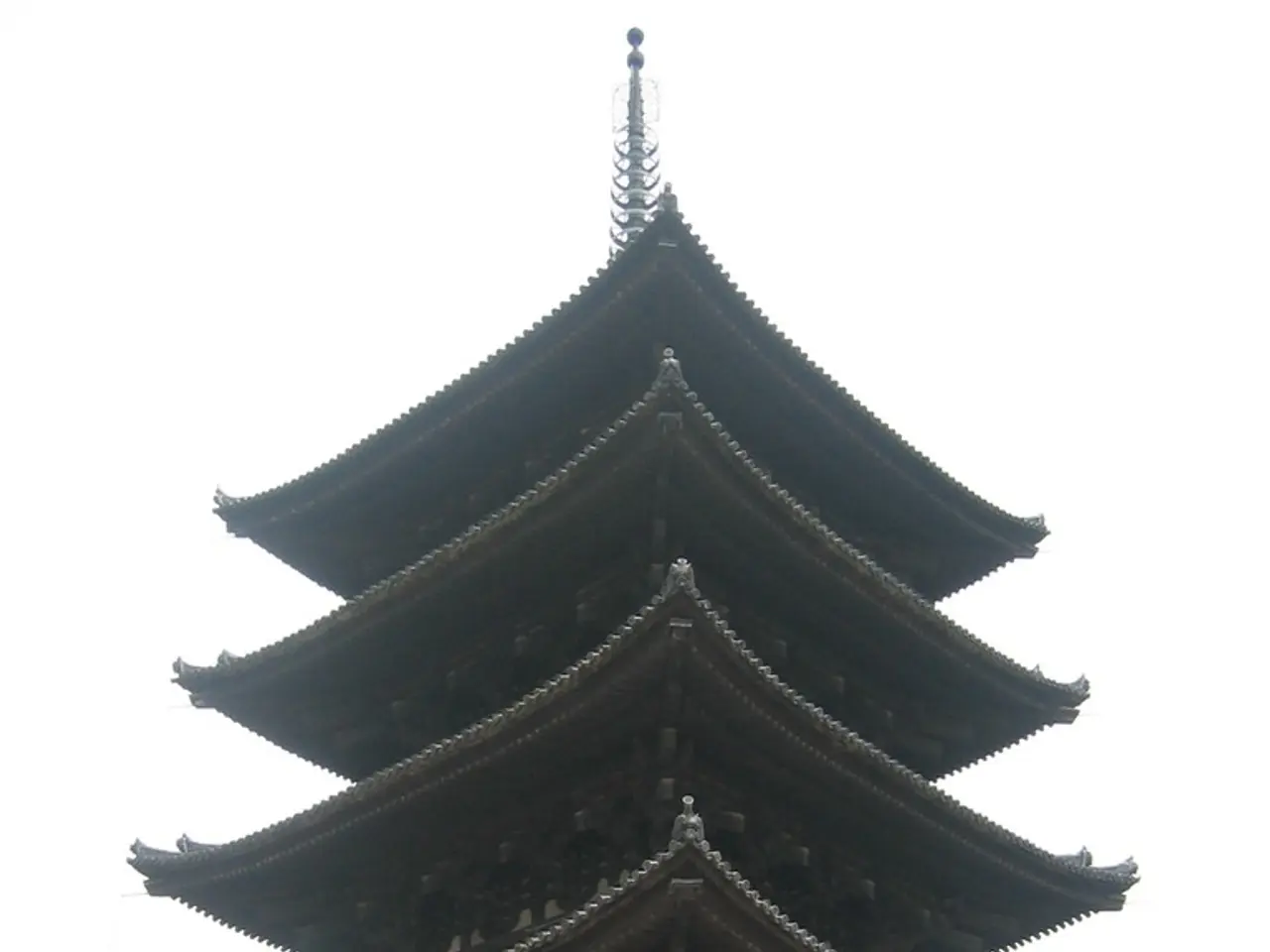Chinese envoy issues stern warning to India from Trump on tariffs amid escalating trade conflicts
In a bold move, the Chinese Ambassador to India, Xu Feihong, has criticized the tariffs imposed by former US President Donald Trump on Indian goods, labeling them as bullying tactics. Xu Feihong's remarks, made on social media and in diplomatic settings, position the move as a matter of principle rather than just trade.
The ambassador's criticism directly targets US tariff policy, but it coincides with a context where India and China maintain close ties. The Chinese ambassador’s stance towards Trump’s tariffs on India suggests a sympathetic stance towards India in trade disputes with the US, potentially reinforcing Sino-Indian understanding in resisting what both see as unfair US trade pressure.
Xu Feihong has compared Trump's tariffs to a symbolic challenge to international norms and multilateral structures, emphasizing that using tariffs as a weapon to suppress other countries violates the UN Charter and undermines WTO rules. He has framed Trump's tariffs as coercive economic bullying, undermining institutions like the WTO and the UN.
The ambassador's statements have been steeped in diplomacy and defiance. He has invoked the metaphor "Give the bully an inch, he will take a mile" to rally solidarity with India and other targeted economies, such as Brazil.
The consequences of Trump's tariffs on India could be significant. Analysts estimate that these tariffs could shave off up to 80 basis points from India's GDP growth and make nearly $87 billion in U.S.-bound exports unviable. Several House Foreign Affairs Democrats in the US have warned that Trump's tariff "tantrum" could dismantle decades of careful US-India partnership.
The Chinese Ambassador's message sets the tone for a pivotal phase in global trade dynamics. Trump's tariffs on India could push India closer to China strategically or economically, according to analysts. Chinese overtures suggest a readiness to shape the emerging alliance between India and other targeted economies.
India now stands at a crossroads, between de-escalating through concessions, doubling down via self-reliance, or exploring stronger alignment with Eurasian partners like China and Russia. President Trump has doubled tariffs on Indian imports, in response to India's continued purchases of Russian oil.
In response, India has decried the new tariffs as "extremely unfortunate" and warned of severe economic repercussions. The outcome of this situation may redefine alliances both regionally and globally, according to the Chinese Ambassador. Xu Feihong has reaffirmed China's adherence to WTO rules and a shared path forward with India, without resorting to market dumping.
The ambassador's remarks are a call to principle and unity against coercive economic policy. Xu Feihong has invoked solidarity with India and Brazil, positioning the move as a matter of principle rather than just trade. This perspective may subtly influence the diplomatic texture between China and India by underscoring common opposition to US tariffs and their impact on regional economic relations.
- The Chinese Ambassador's criticism of Trump's tariffs on Indian goods, labeled as bullying tactics, extends beyond trade, as he compares them to coercive economic bullying that undermines institutions like the WTO and the UN.
- In a potential shift in global trade dynamics, the ambassador's stance towards US tariffs on India might draw India closer to China either strategically or economically, according to analysts, considering the Sino-Indian understanding in resisting what both see as unfair US trade pressure.
- Xu Feihong's remarks also position him as a voice for principle and unity against coercive economic policy, invoking solidarity with India and other targeted economies like Brazil, which could subtly influence the diplomatic texture between China and India by underscoring common opposition to US tariffs and their impact on regional economic relations.




